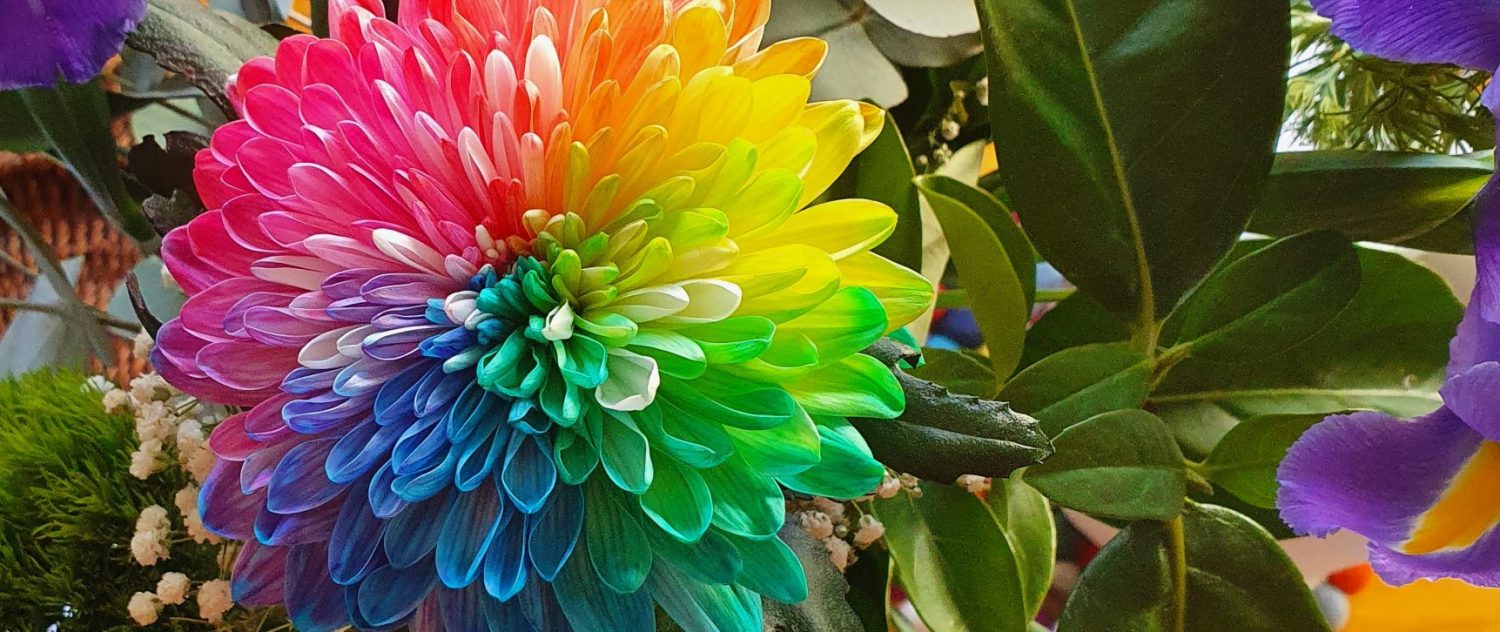I’ve found yet another culture of silence I just don’t understand. This one has nothing to do with physical violence against others, nothing to do with racist, sexist, homophobic or transphobic behaviour, and nothing to do with rape apology. This is all to do with gossip and rumours… which really thrive in a culture of silence.
Some context would probably be useful here. I’m a member of a community that is relatively close-knit and some would say incestuous… but it is full of people who are polyamorous, so that second label is understandable. Given the interlinked relationships, friendships and the like there is a certain amount of disclosure about people, but it is usually safe, sane and truthful. It is useful, after all, to know your partner’s partner’s STI status, who else they are involved with, etc. Honesty is valued in poly relationships because it is just impossible to trust a group of people (tribes is the terminology I tend to use) without being very honest with them and having them be very honest with you.
So when someone joined this community, and spent some time in it, started talking about negative experiences with others, given the constant reinforcement of honesty as a necessary part of polyamory, we trusted that she was at least telling as close as she could to her version of the truth – so it may have been hurt or anger with someone, but she was being honest at the core.
And we did not talk to those she said bad things about. I think this is a common thing regardless of the community you are in. Typically gossip is passed on to others and not the victim, which sadly means that the victim can be ostracised, isolated or subject to other forms negative of behaviour because something which may be untrue or taken out of context is believed by others and the victim is not given a chance to defend themselves, or if they are, it is usually far too late.
So why don’t we talk to the person the gossip or bad-mouthing is about? Sometimes I think it’s because you want to believe what the other person who is gossiping to you to be true. There were some things that were told to me by the aforementioned person which I could have believed to be true, whether that was because there was a grain of truth in them or because I was already biased against the person being gossiped about. Sometimes I think it is because you instantly dismiss what the gossiper is saying because you don’t think it is true or you don’t care one way or the other. The aforementioned person told me some things about people I was friends with which either did not fit my knowledge of that individual or were completely irrelevant to me.
It was only as we began as a wider group to start unravelling the lies that were told to us and found out the lies that were told about us that we realised the harm that this one individual had caused to our wider circle and community. We have since cut all ties with her and I am of the understanding that she has now left the community, but that still does not solve the main problem… that of the culture of silence.
Maybe it’s an Australian thing to not disclose negative and hurtful information that you overhear to the person/s that it is allegedly about. Maybe there are other places in the world that handle this openly and far better. I’m going to try and find some way to deal with gossip I overhear by approaching the victim and effectively tattling on the gossiper. Though it can be hard when you don’t know whether something is true or not to start with… If my partner’s partner tells me that their new partner does/has/wants X, do I go and talk to them and tell them what I was told? Where can I draw the line?
It is a very tricky thing to deal with, which is why I suspect I don’t ever deal with it well until it is too late, or when things are bad. I don’t know what would have happened if I had confronted the gossiper (and outright liar) that has most recently harmed my tribe, earlier in the piece. I suspect I would have been turned upon and maliciously attacked to others.
Some of the people who thought that they were going to be able to stay out of this have discovered that things were even said about them, things that were untrue that I dismissed as either irrelevant or unlikely to be true, and it wasn’t until we were debriefing about the situation that I passed those things on. One friend was deeply shocked to have had lies told about her – even though in my estimation those lies were so irrelevant and meaningless. Another friend who had had lies told about him did not seem to be bothered, even though the lies told about him seemed to be more serious than the other friend’s.
Debriefing has been incredibly useful but there is still serious damage that has been done. Several members of my tribe are afraid that their ability to judge people is skewed, and their ability to trust has temporarily taken a beating. There is a lot of anger and feelings of betrayal. And of course the big question, “Why would someone do this?”
This post has been cross posted to my poly blog: Only More So
Related Posts:
